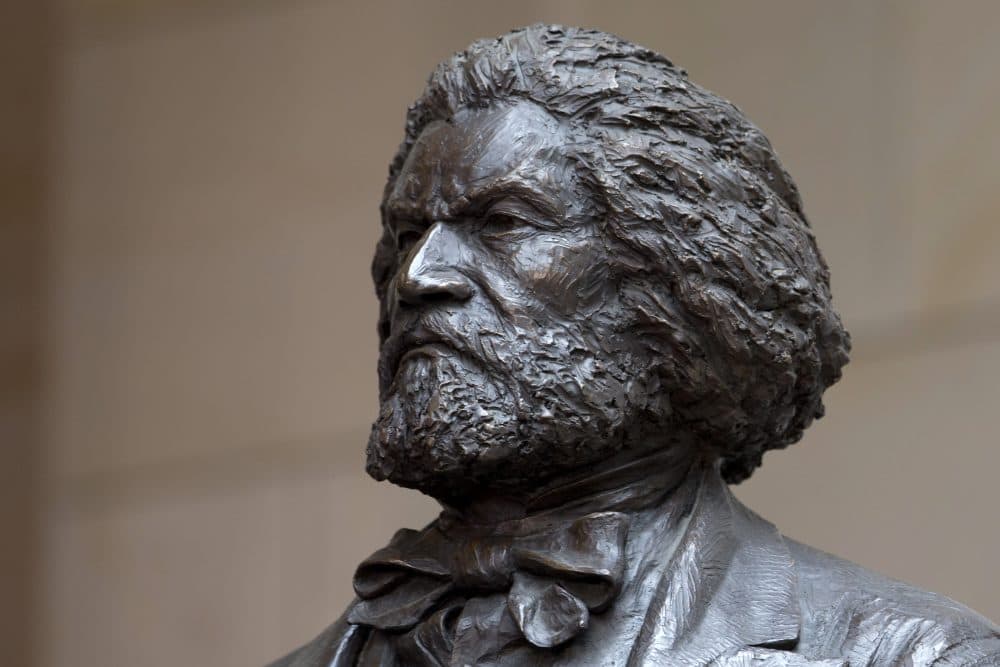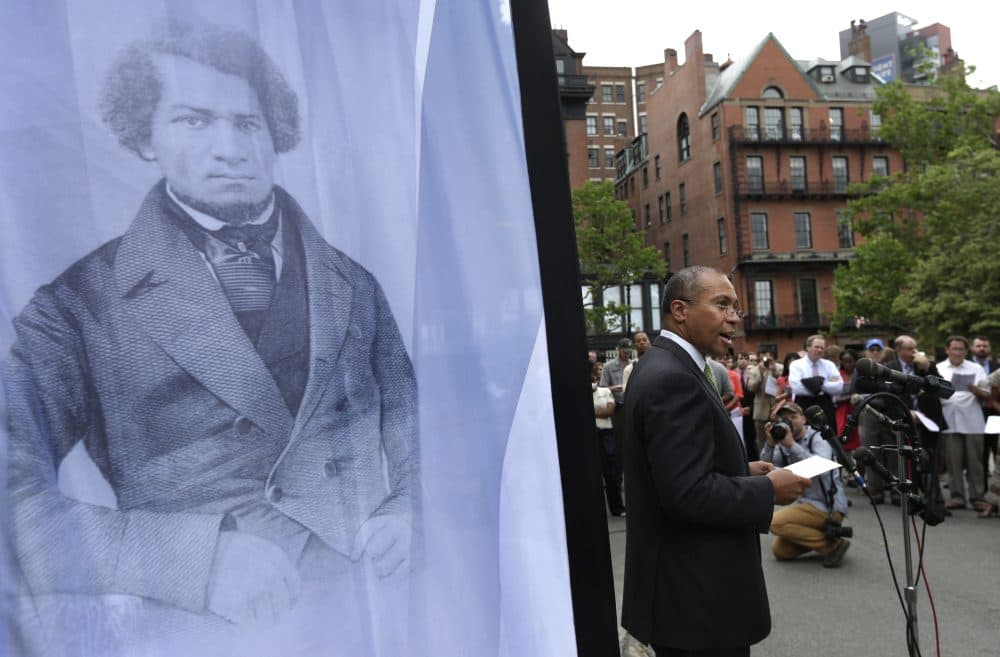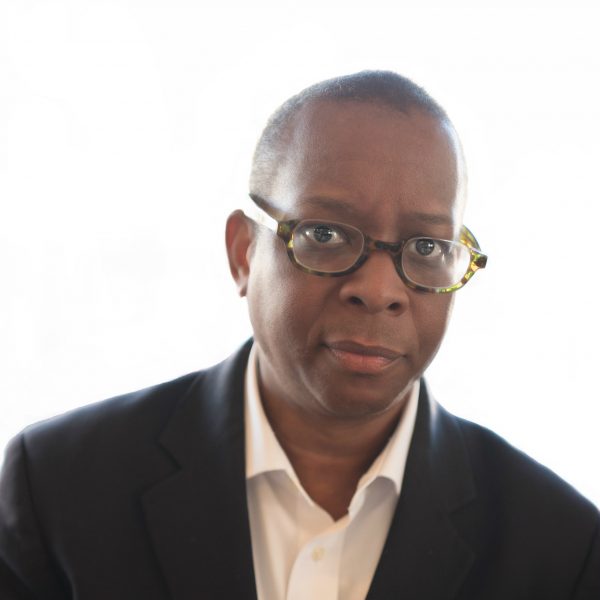Advertisement
Commentary
What July Fourth Meant To Frederick Douglass

Just beneath the saccharine lore of celebration that currently occasions our nation’s birthday on July 4th is a rich, luminous underside of civic verbiage that explains the pangs, possibilities and challenges that have shaped the contours of American democracy.
Independence Day in recent decades has unfortunately become the symbolic gateway to summer in America — featuring grilling and grog, picnics and pyrotechnics, grandiose commercial send-ups of summer cinema, baseball and buoyant, unending hours of beach time.
But the holiday celebration was originally a matter of serious social engagement, emanating from the nourishing political environment of civic life, which then gave birth to highly original forms of constitutional governance, new polity norms and public discourse. Fostered by the American colonist’s economic and religious grievances that led to war with a brutish British empire, July 4th was the sacred civic product signifying the birth of a new nation.
What, to the American slave, is your 4th of July? I answer; a day that reveals to him, more than all other days in the year, the gross injustice and cruelty to which he is the constant victim.
Frederick Douglass
The words comprised in the Declaration of Independence shocked hegemonic England and rang with philosophic clarity: “We hold these truths to be self-evident, that all men are created equal, that they are endowed by their Creator with certain unalienable Rights, that among these are Life, Liberty and the pursuit of Happiness.”
Yet the holiday and the sacred civic pronouncement for decades harbored contradictions that maintained the subjugation of women, the exploitation of non-English-speaking immigrants, the degradation of Native Americans and the humiliation of African humans.
Nearly 80 years after the celebration of the nation’s origins had taken root as annual ritual, the abolitionist Frederick Douglass pointed out in detail the unfinished business that the Declaration espoused. In a speech given in Rochester, New York, on July 5, 1852, Douglass rose to the occasion with searing hot rhetoric:
The coming into being of a nation, in any circumstances, is an interesting event. But, besides general considerations, there were peculiar circumstances which make the advent of this republic an event of special attractiveness. The whole scene, as I look back to it, was simple, dignified and sublime. ...
What, to the American slave, is your 4th of July? I answer; a day that reveals to him, more than all other days in the year, the gross injustice and cruelty to which he is the constant victim. To him, your celebration is a sham; your boasted liberty, an unholy license; your national greatness, swelling vanity; your sounds of rejoicing are empty and heartless; your denunciation of tyrants, brass fronted impudence; your shouts of liberty and equality, hollow mockery; your prayers and hymns, your sermons and thanksgivings, with all your religious parade and solemnity, are, to Him, mere bombast, fraud, deception, impiety, and hypocrisy — a thin veil to cover up crimes which would disgrace a nation of savages.
This was the heady language by Douglass, eschewing no pretenses and taking dead seriously the promises of democracy.

The words of Douglass’ speech will be read this year on Monday, July 3rd in Boston Common, as well as other locations around the state, as remembrance of this great democratically inspired literature, but also as reminder of the original solemnity of the day.
The public reading of the speech in Boston, which began annually in 2009, is the brain child of David Harris, a longtime civil rights activist, who is also the director of the Charles Hamilton Houston Institute for Race & Justice at Harvard Law School.
“Douglass was one of the nation’s greatest patriots and his words, as much as those of any founder, continue to guide us toward the democracy we want to be," Harris told me recently by email. "Sadly, in the case of Douglass, it is his blistering critique that stands the test of time. It is especially important here in Boston, where abolitionism was so powerful but where the history of the likes of David Walker is so forgotten.”
Advertisement
Douglass’ Fourth of July speech is as much an American gem as is the Declaration of Independence itself, a panegyric to the idea of freedom from the perspective of chained and suppressed Americans seeking to be free. To an extent, it is a prophesy for a nation proffered by former human chattel; it calls upon the country’s potential and its protean power as a developing civic experiment.
Harris went on:
When we began the reading of Douglass speech [in 2009], Barack Obama had just been elected. At the time I remarked that his election did not free us from talking about race. In the intervening years we have seen several anniversaries come and go, including those commemorating the civil war and civil war amendments. ... The speech is a catalyst for us to think about the inequities built into our society and craft strategies for attacking them.
Well said.
Like each year since the event's inaugural kickoff almost a decade ago, I'll be attending the reading on Boston Common, my ear attentive to the high and glorious sound of uplifted liberty and its manifestations reflected in our collective democratic birthright.
